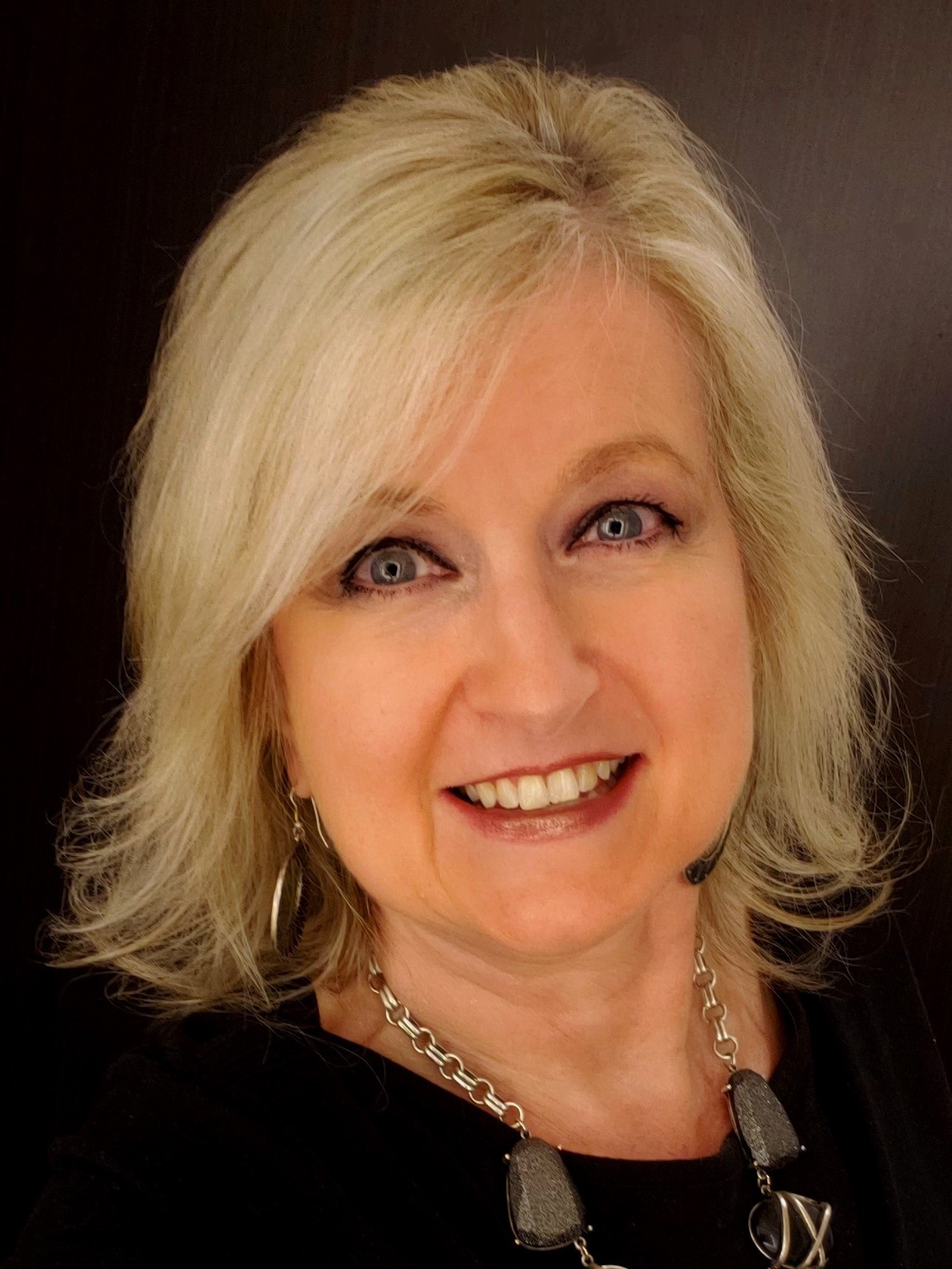
Carol J. Eisenbeis and her husband, Chris, live in the Turkey Ridge Valley of southeastern South Dakota. They are parents of four adult children and active members of Salem (South) Mennonite Church of rural Freeman.
_______________
We live in a time when – on a daily basis – vast amounts of information come our way at warp speed. Contradicting viewpoints surround us, as basically anyone has the ability to relay a message with a voice of authority or expertise via a variety of platforms.
It’s no wonder many people don’t know what to believe or to whom they should listen. In response, they throw up their hands in dismay, making an intentional decision to tune out news sources altogether by choosing not to read, not to turn on the news, and not to utilize the internet. Others find comfort and validation by relying on just one constant source of information, a path that appears to provide access to news, minus the dissonance that comes with having to make sense of so many contradictions.
Our brains are wired to gravitate toward content that matches or supports our current beliefs and values. While it’s nice to feel affirmed and find others who share a common mindset, it’s much more important that the information on which we rely is accurate. Ignorance may seem like bliss (as the saying goes); however, being uninformed or equipped with limited and inaccurate information can be downright dangerous.
All members of society – including Christians — need strategies for determining the reliability of the information they consume. With a global pandemic in full force, political campaigns spewing constant commentary, extreme weather patterns impacting so many parts of our world, and racial tensions going unresolved, it grieves me deeply to observe those who I consider to be my brothers and sisters in Christ making the conscious decision to absolve themselves of the responsibility to discern truth. Could it be that they just haven’t been equipped with the tools needed to do so?
As a career educator, I’ve witnessed boundless changes to the field of education. Along with a new century came the rapidly evolving impact of technology, not just in the school setting, but in our world, in general. Ongoing societal changes made it evident and imperative that educators do two things: 1) equip students for success in a rapidly changing world and 2) equip students with strategies that will empower them to be critically literate.
Here are some things that can help us in the discernment process:
Seek out the original source of the information. Online journal articles steeped in research certainly have greater reliability than an opinion posted by an uninformed source on a social media platform. Web domains like .gov, .edu, .org, and .com, as well as supporting documentation, will also provide clues regarding the source and reliability of the information.
Beware of sources that denigrate those who hold a different view. Sources that are committed to truth will want to provide a balance of factual information, without the need to disparage others.
Question the motivation and perspective of the source providing the information. Realize that news stories generated as paid content likely have something to gain as the result of their successful persuasion.
What is the source’s track record for honesty and reliability? From the time we were young, many of us heard stories about “The Boy Who Cried Wolf” or “Pinocchio.” We’re taught that truthfulness matters. As Christians, we know that Scripture calls us to value and seek out truth. We need to check previous information shared by the sources we’re listening to or reading.
From what perspective is the information being presented? Some platforms have a reputation for a left-leaning or right-leaning bias. Keep that in mind before being quick to blindly buy in.
Always seek out multiple sources of information. While this involves an extra investment in time, we need to be very leery of anyone who wants to be the sole source of information we consume. Relying on only one source of information can cause us to easily fall victim to propaganda. We need to continually compare and contrast information with that provided by other sources. If multiple sources are reporting the same information, the likelihood of that information being credible and valid increases greatly, as legitimate content impacting a broad audience tends to be carried by multiple outlets. That’s different, however, from relying on groups of friends who repeatedly post and share the same basic information over and over again.
Consider how the information we consume, support and relay holds up under the lens of the Gospel.
Christians represent Christ to the world. As his ambassadors, do the messages we believe and promote reflect Christlike practices?
Our Creator has designed us with the capacity to think and learn. As Christians, it’s our responsibility to develop and utilize the gifts God has given. We need to be critically literate and can’t afford to simply shrug off this responsibility or delegate others to do our thinking for us. We are called to discern truth and respond accordingly.

This post is part of the MC USA Faith Formation blog series.
Visit MC USA’s Faith Formation page to find a one-stop hub of formation resources for all ages, curated through an Anabaptist lens.

